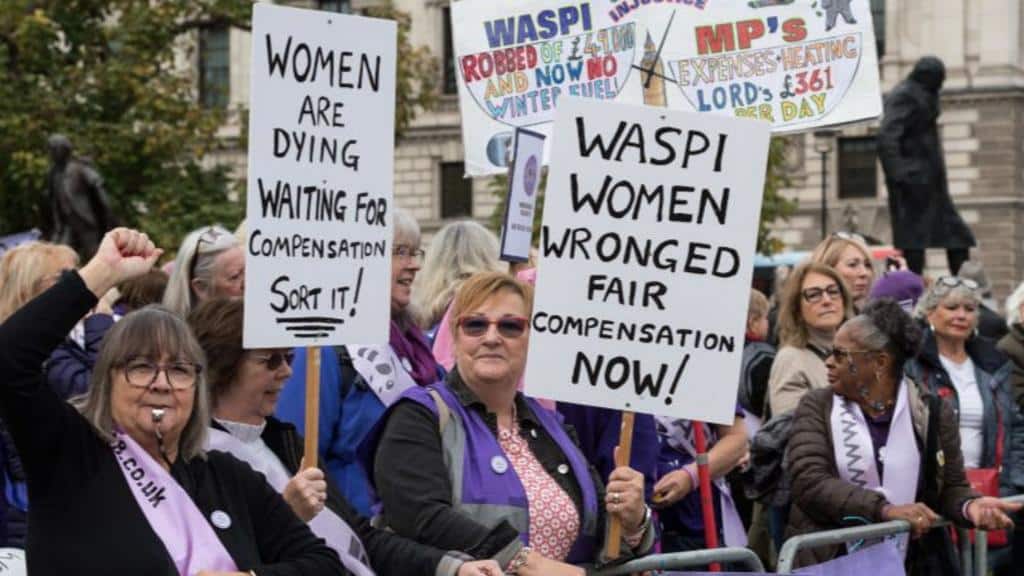Scottish politicians have reignited the fight for compensation for Women Against State Pension Inequality (WASPI) women, but the UK Labour government maintains its stance against payouts. Despite backing the cause in opposition, Prime Minister Keir Starmer’s administration has declined recommendations for compensation, sparking criticism from Scottish parties and campaigners.
The debate over compensating WASPI women centres on failures to adequately communicate changes to the state pension age for women born in the 1950s. The issue highlights broader questions about government accountability and the financial struggles of affected women.
Scottish politicians unite behind WASPI women
Scottish Labour, SNP, and Green MSPs have shown rare unity in their calls for the UK government to deliver justice to WASPI women. Social Justice Secretary Shirley Anne-Somerville will lead a Holyrood debate urging the Labour government to adopt the Parliamentary and Health Service Ombudsman’s (PHSO) recommendations for compensation. The PHSO proposed payments of £1,000 to £2,950 for each impacted woman, citing maladministration in the handling of the state pension age increase.
Scottish Labour leader Anas Sarwar and deputy leader Jackie Baillie have distanced themselves from their UK counterparts, criticising the refusal to offer financial redress. Sarwar emphasised that WASPI women deserve justice, while Baillie stated that the decision undermines the moral responsibility to rectify past mistakes.
Somerville stressed that the UK government’s actions have caused financial hardship, saying, “It is vital that the UK Government and DWP [Department for Work and Pensions] take responsibility for these failings and this includes delivering a full compensation package at the earliest possible time.”
UK government defends its decision amid criticism
Despite widespread criticism, the UK Labour government has ruled out compensation, citing budgetary constraints and existing awareness among the affected cohort. A spokesperson acknowledged maladministration but argued that early communication would not have significantly altered the outcome. They added that 90% of women born in the 1950s were aware of the changes by 2006.
The refusal has provoked sharp rebukes from across the political spectrum. Scottish Greens MSP Maggie Chapman accused politicians of betraying WASPI women, while the Liberal Democrats labelled the government’s decision “disgraceful.” Beatrice Wishart, a Scottish LibDem MSP, said, “Millions of women have been wronged through no fault of their own. The UK government must urgently change course and rethink this shameful decision.”
The House of Commons Library estimates there are 331,780 WASPI women in Scotland alone. Advocacy groups warn that time is running out for many affected individuals, with some having passed away without seeing justice. The debate has underscored divisions between Scottish and UK Labour positions, with Scottish leaders calling for stronger action to support those impacted.









